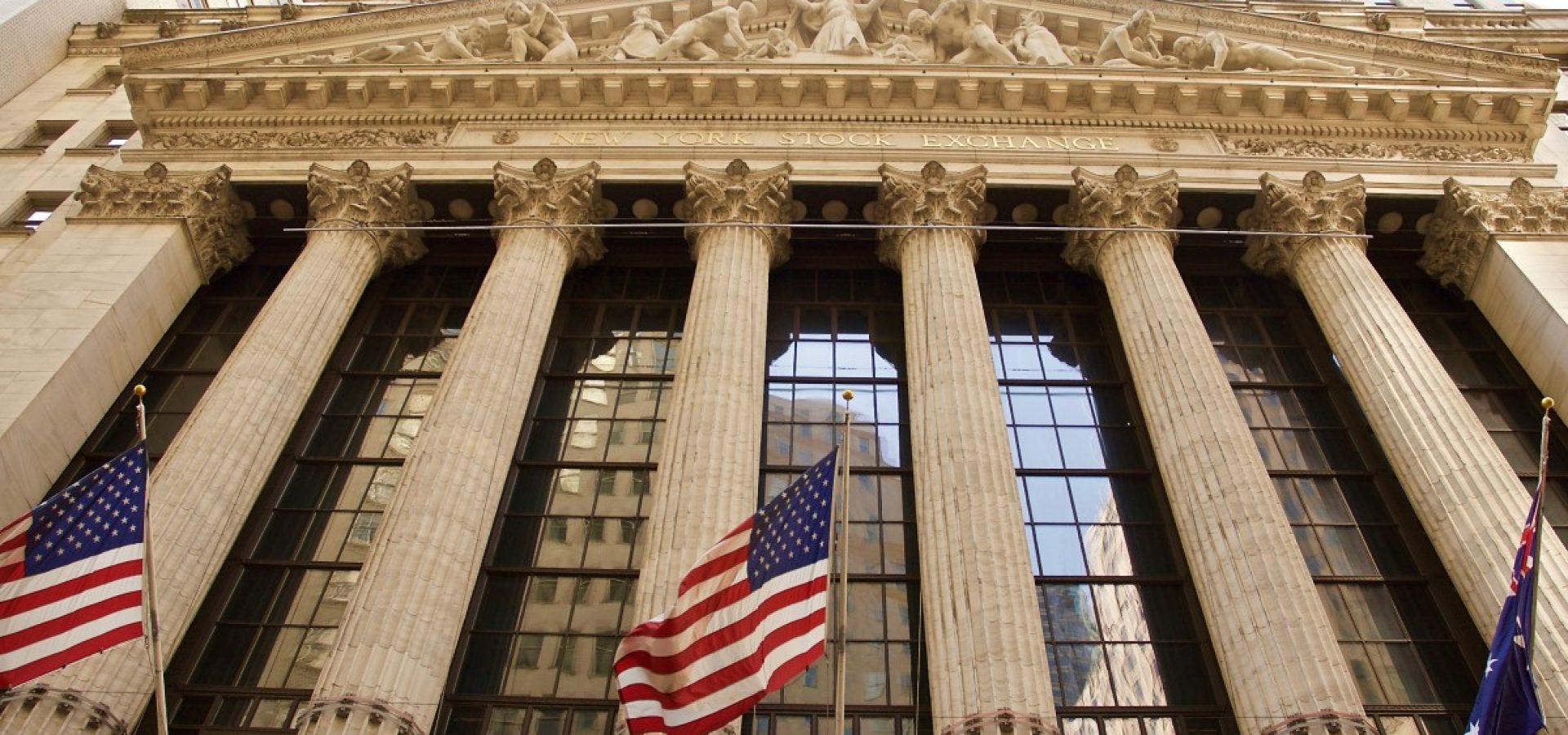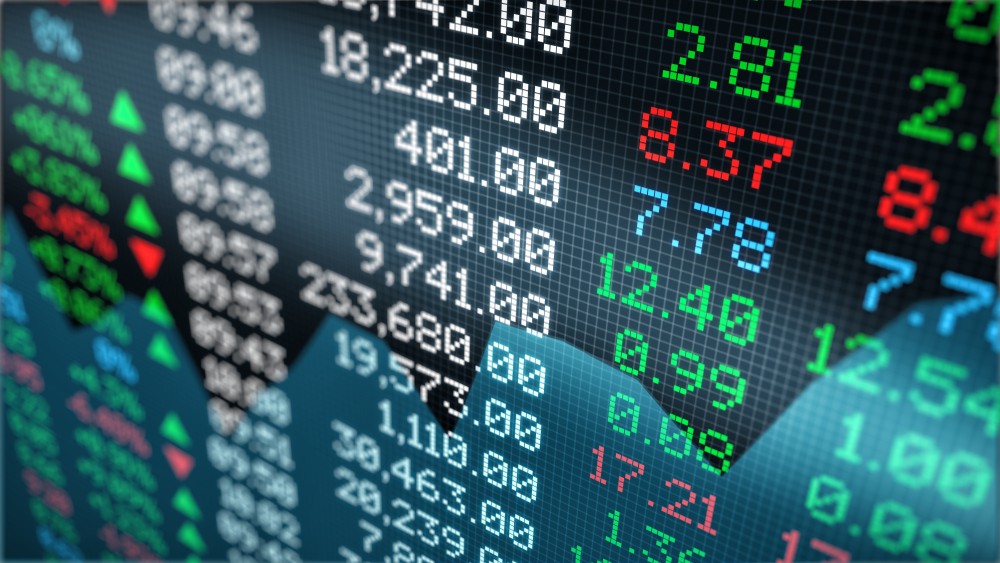Ongoing coronavirus outbreak continues to dominate the headlines. It is not surprising that the outbreak created additional pressure on the stock indexes.
For example, The S&P 500 lost $1.737 trillion of its value during its two-day market sell-off. On Monday, the equity benchmark lost $927 billion in value. Moreover, the following day the S&P 500 lost $810 billion in value.
U.S. markets declined for the second day in a row.
The Dow Jones Industrial Average declined 879 points or about 3.2% on Tuesday. Furthermore, the index’s gains from the beginning of the year disappeared on Monday, and Tuesday marked its fourth-largest swing from highest to the lowest point in a single session.
The broader S&P 500 fell by 3%, more than 7% below its most recent high. The Nasdaq Composite dropped 2.8%; moreover, the index is nearly 9% below its latest peak.
Stock indexes and Coronavirus
The current situation is a severe challenge for the stock indexes.
Many world-famous companies such as Apple, Nike, United Airlines, and Mastercard underlined the importance of this virus on their earnings.
On Monday, the number of confirmed cases in Italy and South Korea affected the global markets.
It is worth mentioning that the U.S. Federal Reserve is closely monitoring the Coronavirus’s spread and its economic impact. According to Vice Chairman Richard Clarida, it is too early to speculate about its effects.
The virus reached many countries outside of Asia. The governments in cooperation with the World Health Organization are trying to contain the virus outbreak.
Stock indexes not only in the U.S. but around the world are struggling to overcome the uncertainty caused by the virus outbreak. It won’t be easy to reassure the investors that everything is under control. The international community should work together as otherwise, it will be impossible to strengthen the global economy. The biggest challenge at the moment is how to stabilize the markets without side effects.









COMMENTS